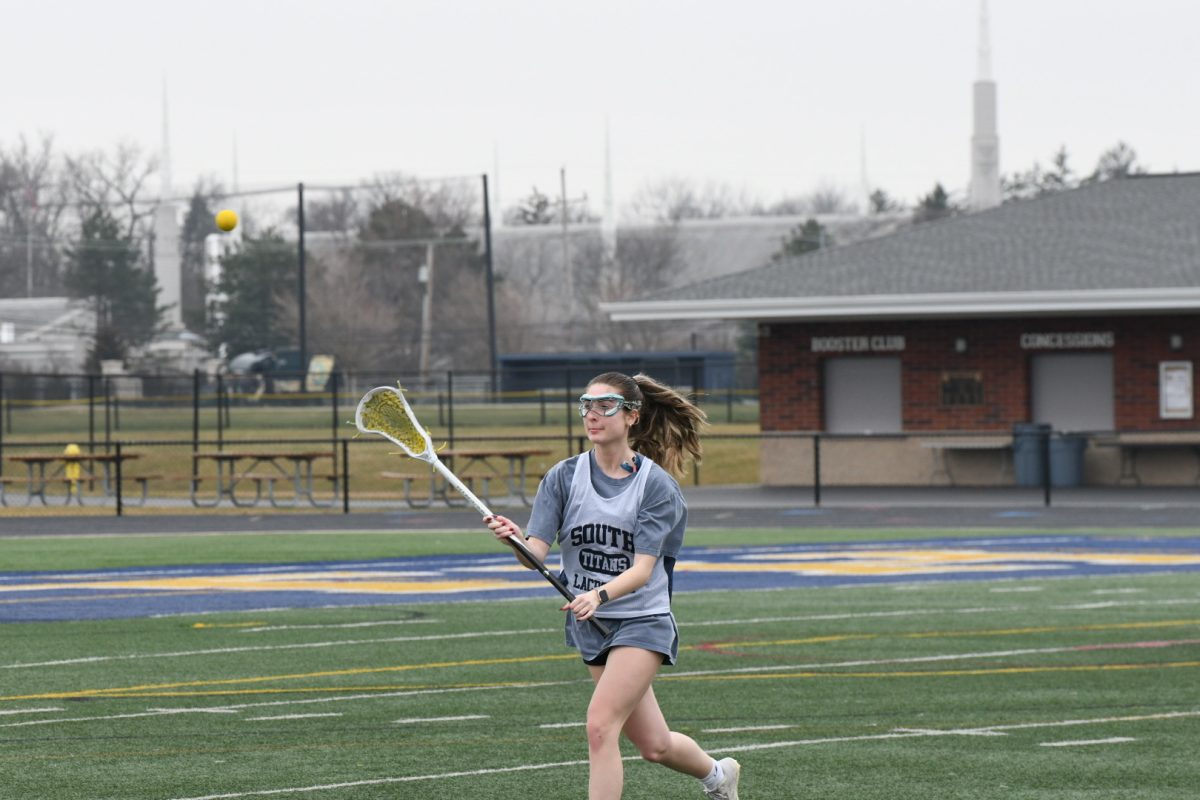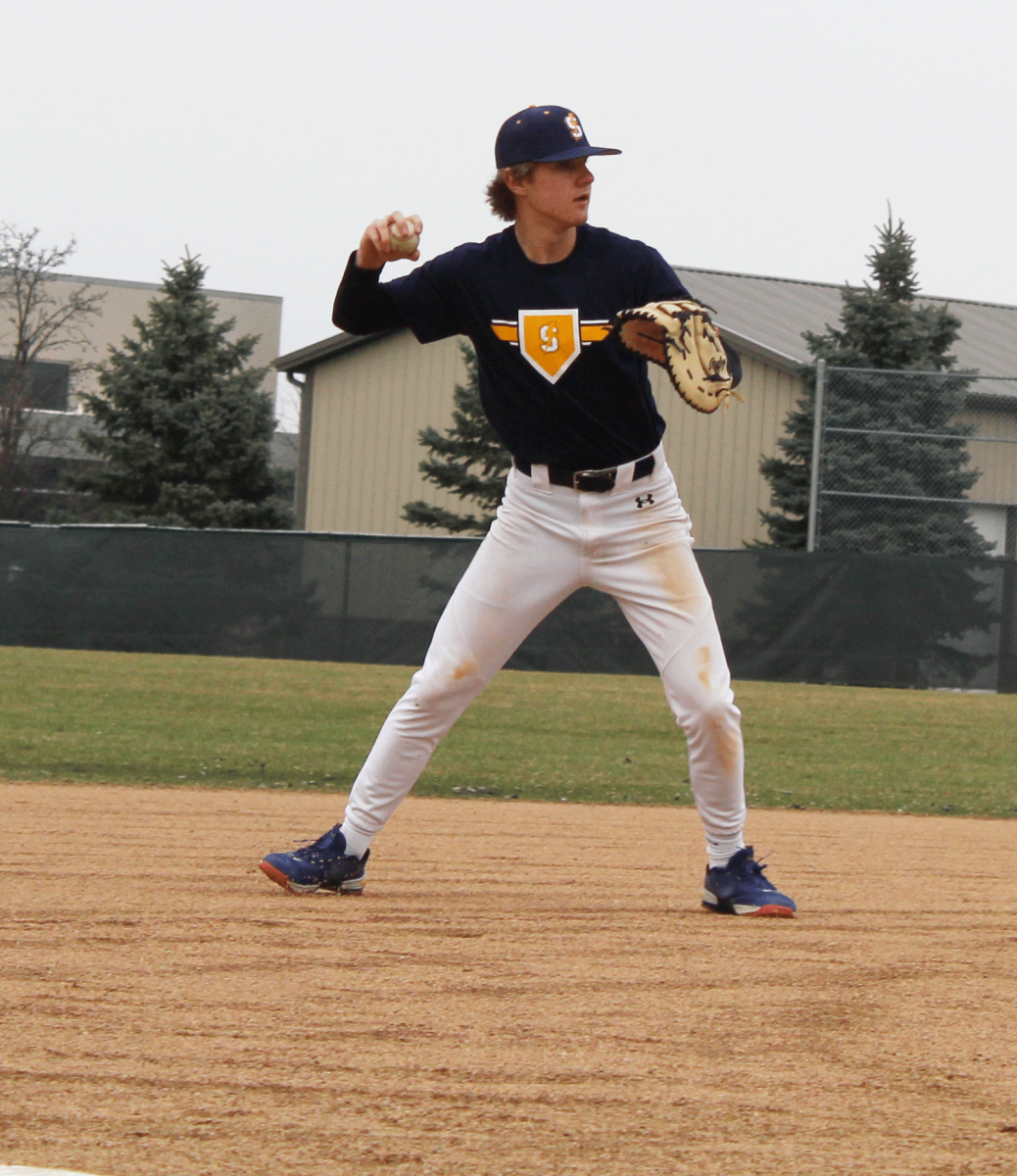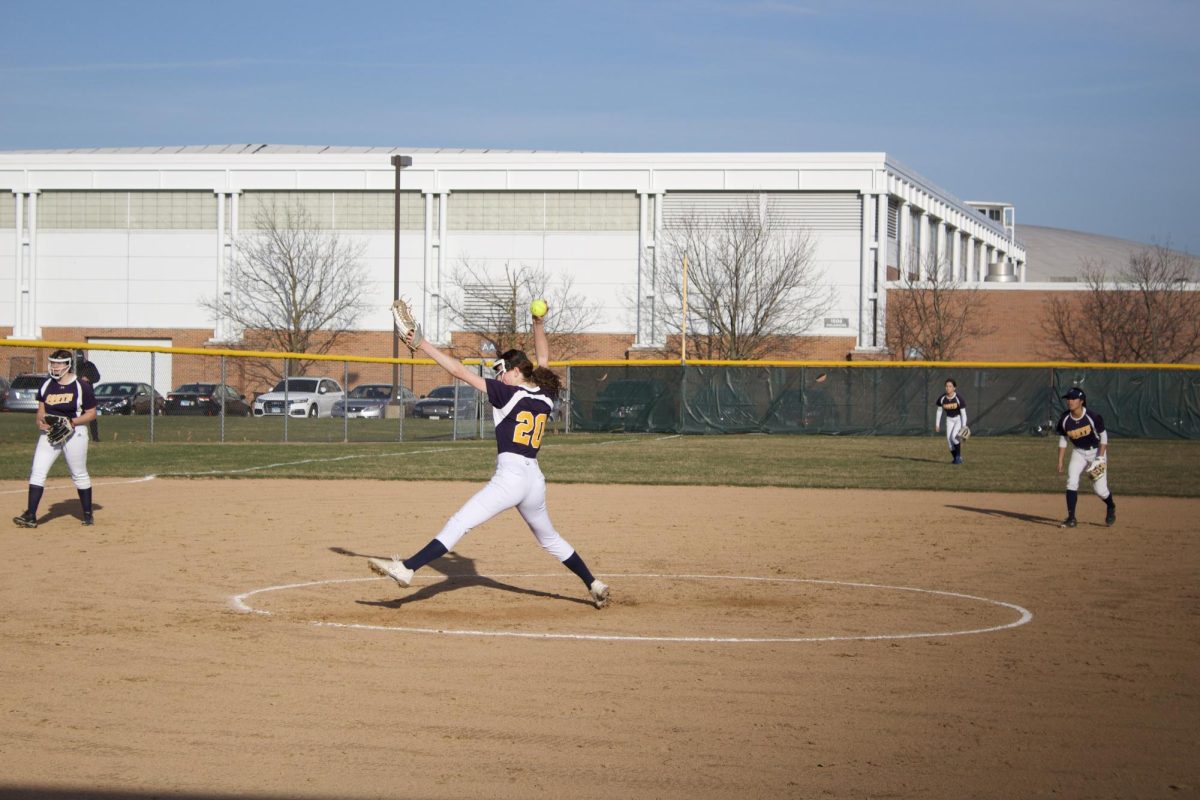A monthly column written by the sports editors, making the call on a selected sports topic in the school or nation
Becoming a varsity athlete came with a lot of perks: nice uniforms, stronger competition and, most importantly, playing night games in our beloved John Davis Stadium.
Yes, upon hearing that I would be playing varsity soccer in the 2011 season, I was most excited about the chance to finally be able to play under the lights. Sadly, it did not stay like this for very long.
As the fall season took its course, and football and soccer began to play in the stadium one or two times a week, the field became unusable; the large crown on the field was extremely patchy, with big splotches of mud covering any spot that saw action. I began to yearn for away games where we could play on turf, where it was flat, fast and unaffected by weather.
When I heard that South would be joining the 9 of 12 teams in the Central Suburban League (CSL) conference with a turf stadium, all of my thoughts could be summed up into a three words: It’s about time.
Athletic Director Steven Rockrohr has been working for years to put turf in the stadium. A project that was very close to him, Rockrohr believes that the pros heavily outweigh the cons.
“Before, no one was allowed on the stadium field; I wouldn’t let them on the stadium field,” Rockrohr said. “Now, everyone will be able to enjoy the new field.”
Turf requires much less maintenance than grass fields. According to Rockrohr, the field will need to be brushed about once a week, but other than that not much will need to be done. No more painting lines, re-sodding or reseeding, a laborious process that can cost up to $49,000 annually, according to a University of Arkansas Division of Agriculture study.
Turf brings a faster, cleaner game to a much larger, flatter field. There is little unpredictability with turf; the ball bounces how it is supposed to bounce, and will not fall flat in a mud pit, erasing any possibility of a bad bounce ruining a game. No more rolling ankles in ditches, either.
South’s famous crown will also be a thing of the past. Crowns act as a draining system for a natural grass field, where the field rises in the middle, allowing water to drain off to the sides. While this is somewhat effective in keeping the field playable, the current John Davis Stadium can only be used about 200 hours every year.
The new John Davis Stadium, equipped with artificial turf, is playable for an unprecedented 3,500 hours. The best part of this being that it goes past varsity sports.
According to Rockrohr, along with football, soccer, field hockey and lacrosse being able to play on the new field, it will also be open to band and P.E. classes. Now everyone will be able to enjoy the turf, rather than it being exclusive to night games.
However, while turf may seem perfect it still comes with its problems. In the same University of Arkansas Division of Agriculture study, 74 percent of athletes say that artificial turf leads to more knee injuries and turf-related soreness. However, Rockrohr insists that the likelihood of injuries is equal on turf and grass, and it is all just part of the game.
According to Rockrohr, the turf will be in place and ready to use in mid-August this year. While it is initially a financially steep excursion, the new stadium will come with exponentially more playing time, along with maintenance that will pay for itself over time.
Everyone, not just field athletes like myself, has a reason to be excited for the new John Davis Stadium.
While it will be expensive at first, the turf acquisition will benefit South for years to come.
AFTER FURTHER REVIEW…The call on the field STANDS.








